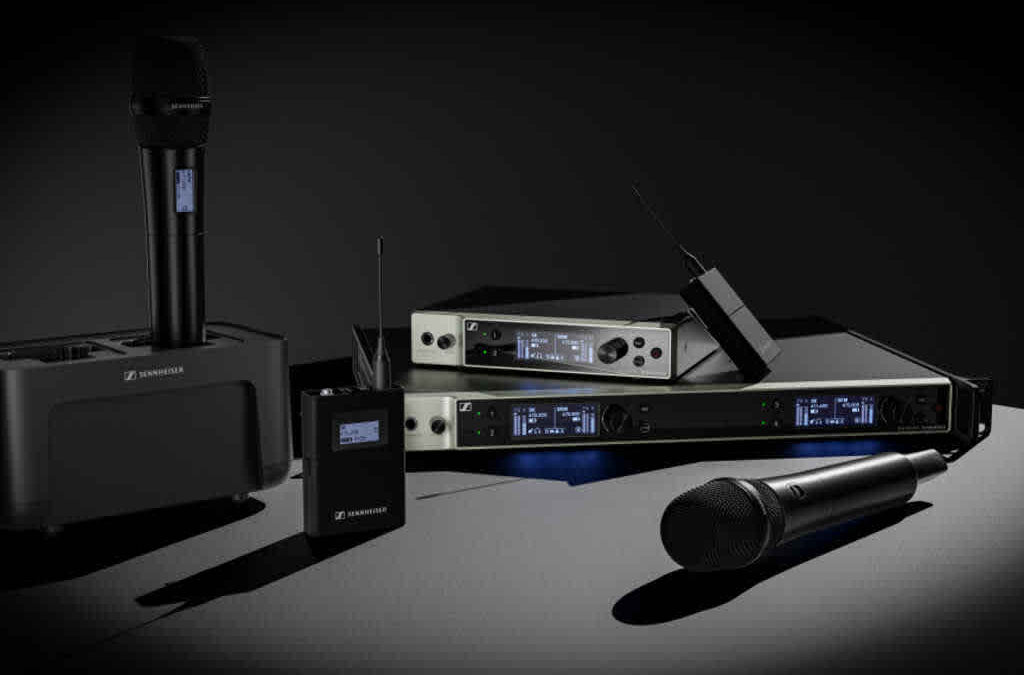As the event industry redefines itself in response to technological innovation, fluid attendee preferences, and an ever-evolving global landscape, event dynamics – from personalisation to sustainability, technological advancements to changing formats – are likely to undergo profound changes throughout 2025 and beyond.
Technology continues to be at the core of modern events, influencing every aspect from planning to execution:
AI is streamlining operations and elevating attendee experiences while AI chatbots efficiently handle queries to free human resources for more complex tasks. Predictive analytics is used in event planning to forecast attendee behaviours, optimise schedules, and pre-emp potential challenges.
Now integral to immersive event experiences, AR can overlay digital elements onto the physical world, enhancing product demonstrations and engagement, while VR offers remote attendees a lifelike event experience to close the gap between physical and virtual participation.
With low latency high-speed networks, 5G is enabling seamless hybrid events as real-time interactions and provides high-quality streaming for virtual attendees, helping to ensure inclusivity and engagement across all platforms.
Finally, IoT-powered smart events improve efficiency and personalisation. From facial recognition check-ins to real-time crowd management, IoT is making events safer, more efficient, and more engaging.
Sustainability is set to become a non-negotiable priority throughout 2025 as eco-conscious practices are placed at the forefront of event planning. For example, zero-waste initiatives will see events adopting recycling and composting protocols, minimising waste through biodegradable materials, and donating leftovers to local communities.
Organisers are increasingly measuring carbon footprints and offsetting emissions through renewable project investment while favouring energy-efficient venues and sustainable transportation options. Menus are shifting toward plant-based, locally sourced ingredients, reducing carbon footprints while catering to the rising demand for healthier, sustainable food choices.
Hybrid events are becoming more of a strategic choice as they offer an optimum blend of in-person and digital experiences. Rather than retrofitting physical events for virtual audiences, hybrid-first planning ensures consistency of experience for both live and remote attendees. Enhanced platforms enable real-time interactions, gamification, and personalised content delivery.
Advanced tools like AI-powered matchmaking and VR meeting rooms can make virtual networking as impactful as face-to-face interactions – a significant shift as remote participation increases – while content libraries are bridging the gap between live sessions and future accessibility, transforming how event material can be consumed and shared.
The role of data is increasingly redefining attendee experiences as AI enables highly personalised agendas, content recommendations, and networking opportunities, uniquely tailoring events to each attendee. Cutting-edge emotion recognition tech tracks attendees’ emotions in real-time which allows organisers to adjust sessions and improve satisfaction. Interactive event apps offer personalised schedules, gamified elements, and peer-to-peer connections as essential tools for fostering engagement and building community.
Inclusivity is reshaping event dynamics as efforts to ensure comprehensive representation drive more meaningful discussions. AI-powered real-time captioning, sign language interpretation for virtual events, and thoughtful venue design are setting new accessibility standards. In addition, event planning continues to incorporate diverse dietary, cultural, and religious considerations, creating an inclusive environment for participants.
Inevitably, economic pressures push planners to innovate within budget constraints, so the use of predictive analytics helps optimise spending from venue selection to resource allocation. Organisers are also finding creative ways to repurpose equipment and redesign formats, for example prioritising breakout sessions over plenaries.
To balance cost and environmental concerns, companies are opting for smaller regional gatherings or consolidating efforts into one major global event. Similarly, there’s an increased emphasis on value-driven procurement strategies that align costs with ROI.
In terms of format, events are diversifying to meet changing attendee preferences. Conferences now integrate entertainment, wellness, and interactive experiences, turning professional gatherings into engaging, multifaceted events. Smaller, localised gatherings are rising in popularity as they offer intimate networking opportunities and a focus on local culture and talent. Short-term pop-up and guerrilla events create buzz and offer attendees a unique, memorable experience.
Inevitably, safety measures continue to evolve alongside attendee expectations. From registration to payment, cleaner convenient touchless processes are becoming standard and as virtual components expand, robust cybersecurity measures are necessary to protect data and prevent breaches. Likewise, advanced crisis response strategies ensure rapid communication and resolution of any issues, building trust and confidence among attendees.
So moving into 2025, the event industry will continue to be defined by its agility, sustainability, and commitment to innovation. By integrating advanced technology with human-centred design, organisers are creating logistically seamless and emotionally impactful experiences.



